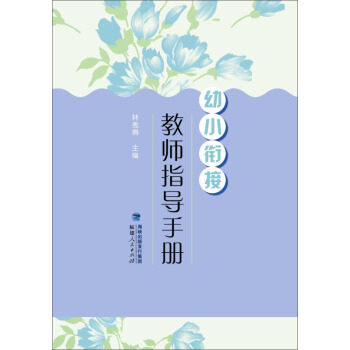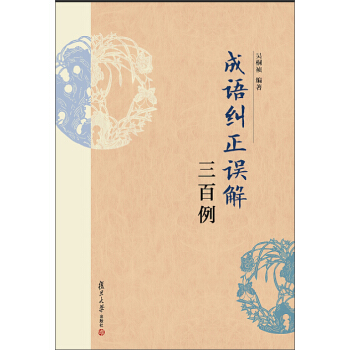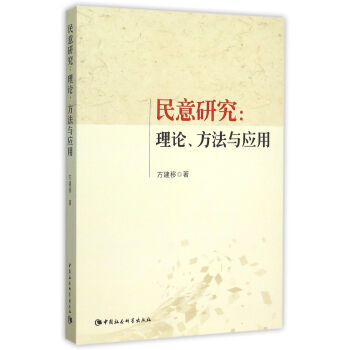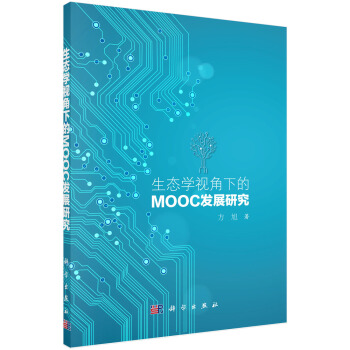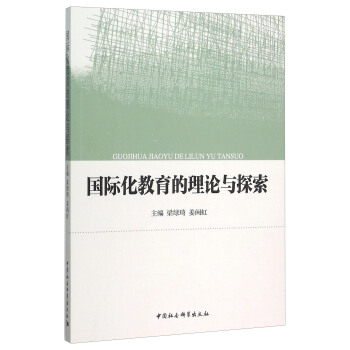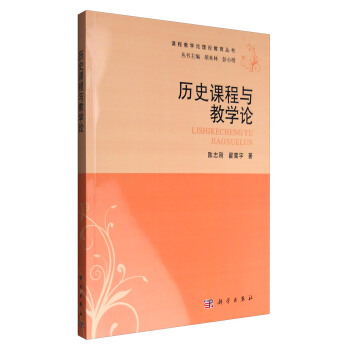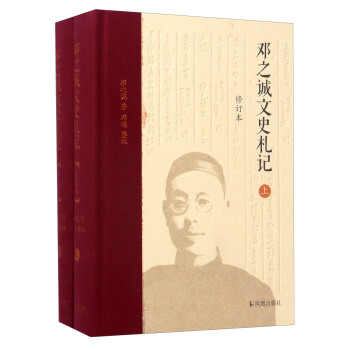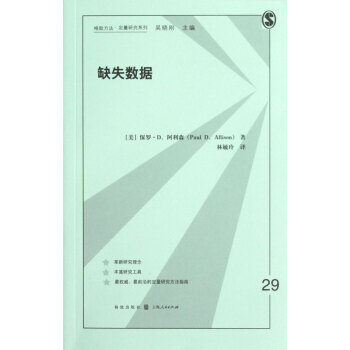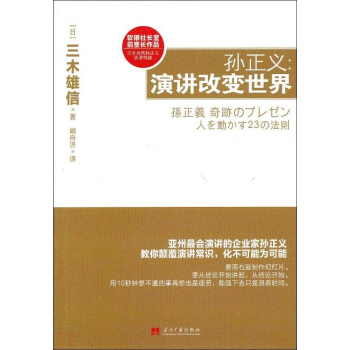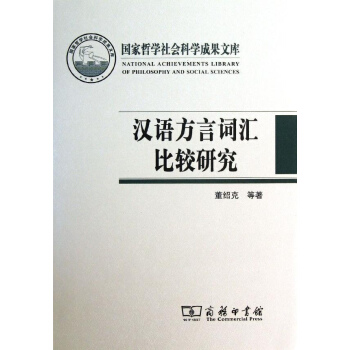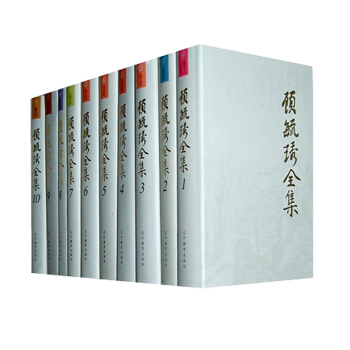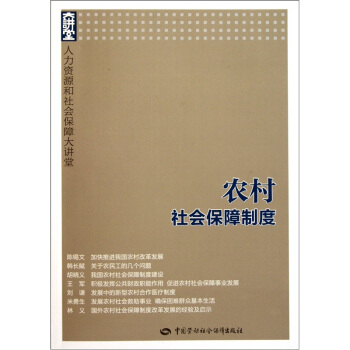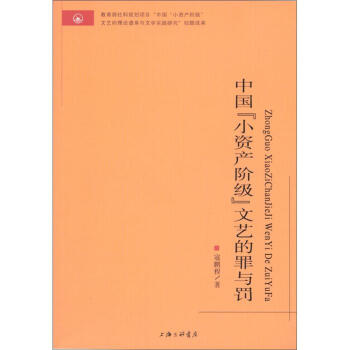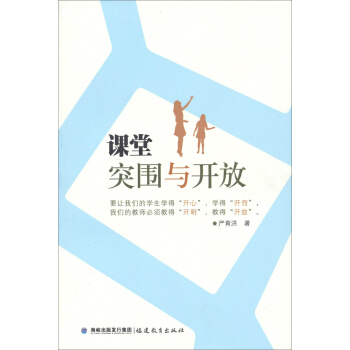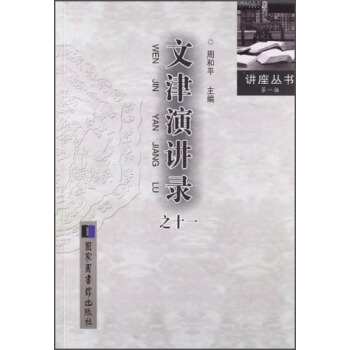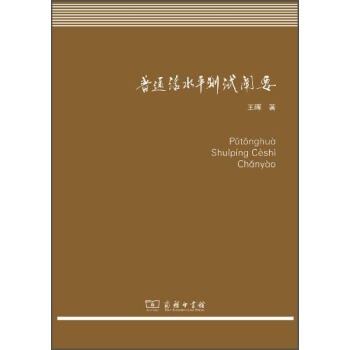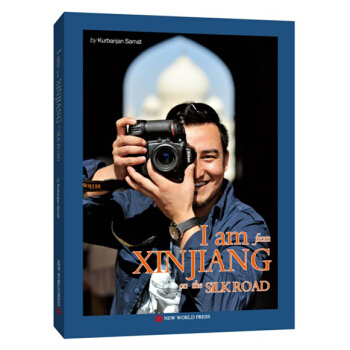

具体描述
编辑推荐
《我从新疆来(英文版)》为2014年国内畅销书《我从新疆来》的英文版全译本。维吾尔族摄影师库尔班江,通过自己的镜头和笔触向读者介绍了一个真实、鲜活的新疆,一群个性鲜明、敞开了心扉的活生生的新疆人。
作者采访了大量土生土长的新疆人,他们当中既有汉族,也有许多少数民族。本书是一本从生活角度反映当代新疆的难得作品,其中文版一经推出,立即引起内地读者的强烈反响,销量已超30万册。
本书译者为美籍华人,精通中英文,熟悉中西文化背景,在翻译过程中尽量保持了原书的风格和表述,达到了很高的翻译水准。
内容简介
《我从新疆来(英文版)》说的是新疆人的经历,讲的是每一个中国人的故事。它记录了摄影师本人库尔班江·赛买提和100个在内地工作和生活的新疆人。他们来自不同的民族,有着不同的年龄和性别,有着不同的宗教信仰,生活于中国社会的各个区域和角落,工作在各行各业……他们从新疆来,每个人都有自己的快乐和悲伤、梦想和困惑、亲人和朋友,他们的经历不仅生动地体现了新疆人这个群体的生活和思想,还真实地反映了新疆乃至整个中国几十年来的经济发展和社会变革。作者简介
库尔班江·赛买提,1982年出生,来自新疆和田,维吾尔族,自由摄影师、纪录片摄像师、独立策划人。曾在北京、平遥等国际摄影节以及新疆多个城市举办个人影展,并在2014年中国原生态国际摄影大展获“年度优秀青年摄影师”称号;参与拍摄《森林之歌》《时·光》《丝路,重新开始的旅程》《时尚圈》《牦牛》《舌尖上的中国》第二季等多部纪录片。目录
Preface by Wang Meng: The Brightness of I Am from Xinjiangon theSilk RoadPreface by Na Risong: Fellow Members of theChinaFamily
My Past 30 Years
The Inseparable Bond of Love
Footprints for Future Generations
Home Is Best
The Long Journey to Dream Fulfillment
A Feel of Xinjiang through Differences
Epilogue by Huang Zhangjin: Where Am I from?
Postscript byKurbanjian Samat: I Am from Xinjiang
精彩书摘
Preface 1The Brightness of I Am from Xinjiang on theSilk Road
Half a century ago, when ourcountry was going through trials, I settled down in rural Xinjiang and livedwith people of different ethnic backgrounds, including Uyghur farmers andintellectuals. They welcomed me with open arms and received me with kindnessand trust. I was immersed in the liveliness and vitality of the Uyghurlanguage, reveled in the love and friendship amongst different ethnic groupsand relished the region’s uniquely multi-ethnic culture. Under limited circumstances,I spent my prime years (between 29 and 45) in the best possible way, peacefullysailing through the turbulence of the Cultural Revolution, acquiring as muchknowledge as I could, and building up experiences that were radically differentfrom those of my earlier years. Moreover, I completed my “postdoctoral” studiesin the Uyghur language, which I consider as the crowning moment of my “adultceremony.” As I used to brag in a joking manner, I began to take on a sense ofboldness and pride typical of the people of Yining.
I used to tell theHong Kongmedia that “the people of all ethnicities inXinjiang are my greatest benefactors!” My words caused the eyes of thosepresent glisten with tears.
Nonetheless, headlines in recentyears concerning various parts of our country have been very worrisome. Peoplebegan to wonder what is happening in Xinjiang. Just in time, a handsome andwell-educated young Uyghur named Kurbanjan showed up. He is a seasonedphotographer from Xinjiang who works at CCTV,China’spredominant state television broadcaster based inBeijing. He has travelled extensively both inand outsideChina, visitingcities in Europe, North and South America, Asia andAfrica.He is energetic, smart, capable and optimistic. He is trailblazing his careerpath, broadening his horizons at home and abroad and enjoying life just likeany other Chinese national. He has met hardships, but has prevailed; he has hadresentment in his heart, but has decided to let go; he has run into traps, buthas managed to get out and begun to move on in big strides. He has producedbeautiful pictures and texts to show us how Xinjiangers of different ethnicitiesin both rural and urban areas spend time working and studying, how they improvethemselves and merge with those in their locality, how they forge ahead topursue goals and triumph, and how they manage to live a happy, healthy and peaceful life. Some of them have already gone on the express trains orspeedboats of modernization, others are striding along the sweet and smoothroad of seeking an affluent life. Full of positive energy, they arecontributing their sweat, living out their best and savoring the bliss of life.
The author wants to drive home the followingideas: 1)Chinais big just as the world is big; 2) life is broader than we think; 3)development induces improvement; 4) optimism begets self-respect; 5) confidencecreates miracles; and 6) friendship and goodwill harvest the same in return. Hewants to tell the world that Xinjiangers are kind, diligent, sharp, andcommitted to what they do, that the policy of reform and opening has providedUyghurs and other ethnicities with unprecedented potential for development andthat, faced with unparalleled opportunity, the Chinese people can go frompettiness to tolerance, from poverty to wealth, from backwardness to developmentand from bewilderment and anxiety to sober-minded command of their own destiny.
The pictures and first-person narratives inthe book remind us that in order to bring about a bright future for Xinjiang,we should resolutely eradicate external terrorist forces and a limited minorityof extremists. More importantly, we should equip Xinjiang compatriots with fasttracks of modernization, or in more concrete terms, provide them withscientific knowledge, information about the rest of the world and concepts ofmodernization, while fully respecting the cultural traditions and customs ofall ethnic groups.
We must expand our vision and capacities andlet the light of knowledge disperse the shadows in our hearts. We mustencourage ourselves by giving ourselves a round of applause for thebreath-taking changes we have made. We must look with open eyes at the futureof the world and of our country and at our process of modernization. Theshort-lived nonsensical and evil words and acts will by no means kidnap thedestiny of Xinjiang. We are broadening our horizons; we are taking big strides;we are clearing up all hurdles and getting ready for a bright and sunny future!
Cheers to Kurbanjan! Cheers to alloutstanding Uyghurs, Kazaks and all other ethnicities of Xinjiang! Cheers tothe publication of this wonderful book!
WangMeng
writer and scholar
……
前言/序言
用户评价
从一个纯粹的文学角度来看,《我从新疆来》(英文版)展现了一种令人钦佩的叙事雄心。作者不仅要记录“他者”的经验,更重要的是,他试图在不同的文化语境之间架设一座桥梁,让“内部人”的故事也能被“外部世界”所理解和珍视。书中对于身份认同的探讨,尤其具有当代意义。它探讨了当一个人身处快速全球化的浪潮中,如何锚定自己的文化坐标,如何平衡对传统的热爱与对现代化的接纳。书中的人物形象立体而饱满,他们身上的挣扎、妥协与坚持,都引发了我对自己生活处境的审视。这不是一本提供简单答案的书,而是一本提出深刻问题的书籍,它迫使读者走出自己的舒适区,去直面那些关于归属、关于差异、关于人性的永恒命题。这本书的价值,远超出了其叙事本身,它提供了一种思考世界的全新透镜。
评分初次翻开此书时,我本以为会读到一些关于异域风情的猎奇描述,但很快,我意识到自己面对的是一个更为复杂和深刻的文本。作者的文风变化多端,时而如山间的清泉般流畅自然,娓娓道来日常生活中的细微片段,那些关于家庭聚会、市井交易的场景,充满了烟火气和人情味;而转瞬之间,笔锋又变得锐利起来,直指那些历史事件带来的创伤与和解的艰难过程。这种叙事上的张弛有度,极大地增强了阅读的沉浸感。尤其让我印象深刻的是,作者在处理敏感议题时所展现出的克制与平衡。他没有采取激烈的控诉或单纯的赞美,而是通过无数个体的、零散的故事碎片,让读者自己去拼凑和体会其中的复杂性。这种“留白”的艺术,使得这本书的解读空间被无限拓宽,每一次重读,都会有新的感悟浮现,绝非一读即完的平庸之作。
评分这本书的英文翻译质量,值得特别提及。很多涉及特定文化概念或地方方言的词汇,翻译得既信达又雅,保持了原文的韵味,避免了生硬的直译。这对于一本立足于特定文化背景的作品来说至关重要。我发现,作者似乎有一种魔力,能将那些外人看来或许抽象的地域特征,转化为具象可感的体验。比如,书中描述的某种传统手工艺品的制作过程,读起来简直像是一场仪式,每一个动作、每一次敲打,都蕴含着千年的智慧。它让我意识到,文化传承并非是僵硬的教条,而是流淌在血液里、体现在日常劳作中的生命力。阅读过程中,我查阅了许多与书中所提及的地理位置相关的地图和资料,这极大地丰富了我的理解,但更重要的是,这本书本身已经构建了一个完整的、可以供人栖居的精神世界。
评分这本名为《我从新疆来》(英文版)的书,初读之下,便被一种难以言喻的亲切感和厚重感所笼罩。它并非那种传统意义上的游记或历史陈述,更像是一幅徐徐展开的、色彩斑斓的丝绸画卷,上面绣满了关于远方土地的记忆与情感的丝线。作者的叙事视角极其独特,仿佛是一位站在历史与现实交汇点上的旅人,既对脚下的土地怀有深切的眷恋,又以一种近乎哲学的疏离感来审视周遭的一切变化。我特别欣赏作者在描绘自然景观时所展现出的那种细腻的笔触,那种对戈壁滩上日落时分的金色光芒,或是天山雪水融化后溪流声响的捕捉,都达到了近乎诗意的境界。阅读过程中,我时常会停下来,闭上眼睛,试图在大脑中重构那些文字所勾勒出的场景——那是关于广阔、关于坚韧、关于时间流逝的沉思。这本书成功地超越了地域的限制,将个体经验升华为一种对“根源”和“身份”的探讨,引人深思。
评分这本书的结构设计堪称巧妙,它不像传统的回忆录那样遵循线性时间顺序,反而像是一张巨大的星图,不同的章节像是散落的星辰,它们彼此关联,却又独立闪耀。有时是过去某一代人的口述历史,有时是作者本人在现代都市中的瞬间感悟,这种非线性的叙事手法,恰恰呼应了那个地域文化中时间观念的某种流动性与循环性。我尤其喜欢作者在章节之间设置的那些简短的、像是信札或日记摘录的过渡段落,它们如同微小的休止符,让读者得以喘息,消化前一节的重量,然后以全新的心境投入到下一段旅程中去。这种精心编排的节奏感,使得原本可能沉重的题材,读起来竟然有一种轻盈而坚韧的力量感,仿佛生命本身在经历风暴后依旧要迎向下一个黎明。
相关图书
本站所有内容均为互联网搜索引擎提供的公开搜索信息,本站不存储任何数据与内容,任何内容与数据均与本站无关,如有需要请联系相关搜索引擎包括但不限于百度,google,bing,sogou 等
© 2026 book.coffeedeals.club All Rights Reserved. 静流书站 版权所有

![学术本位视域中的大学章程研究 [A Study on the University Statutes in the Perspective of Academi Orientation] pdf epub mobi 电子书 下载](https://pic.windowsfront.com/11706933/557918a3N15a7a171.jpg)
